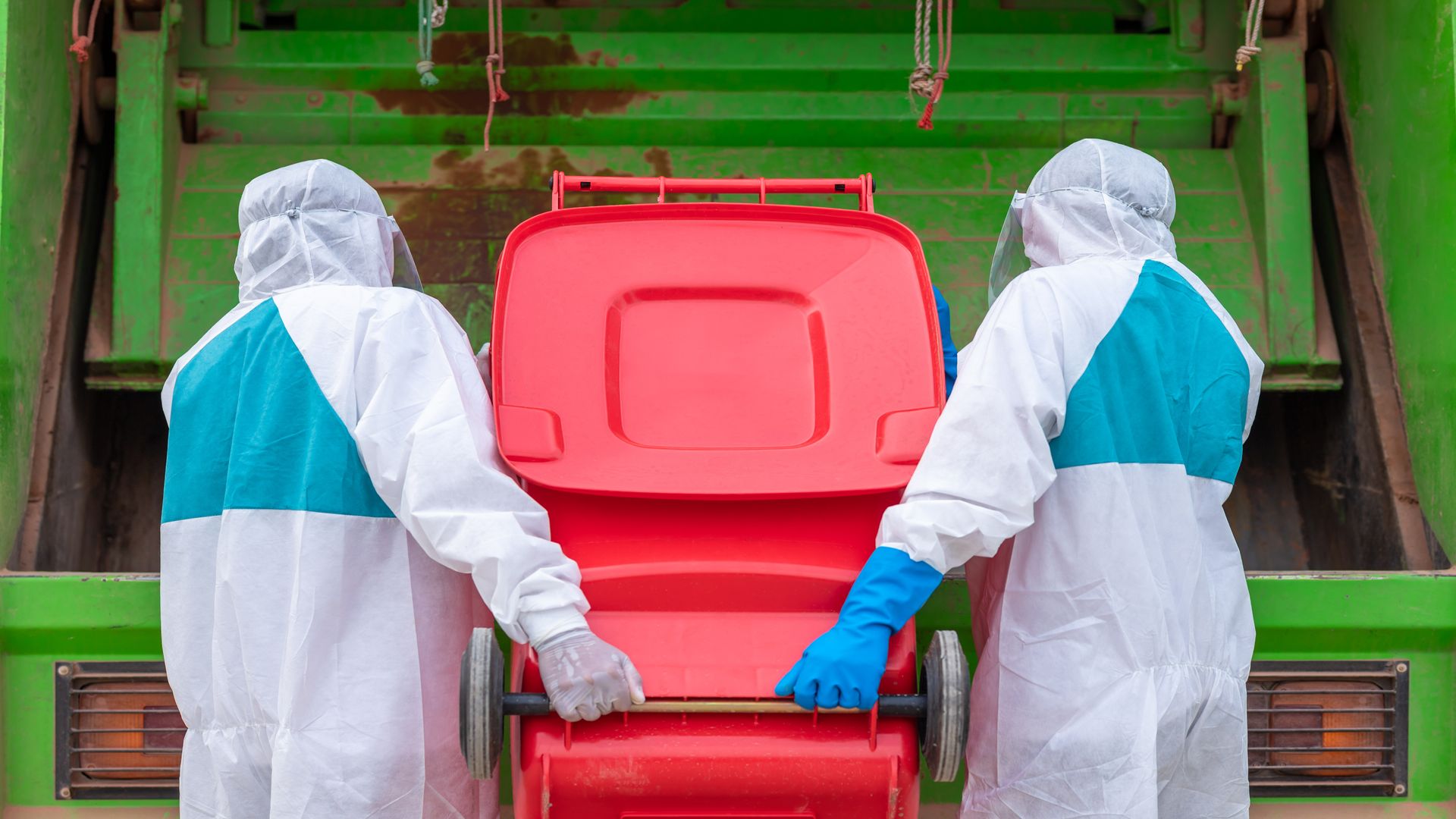Improper waste disposal is a menace that’s affecting the whole world. Most of the things you use daily, like plastic bags or bottles, electronics, food, and paper, among other materials, may benefit you. But after they’ve served their purpose, you have to throw them away. If you don’t dispose of them properly, they can pose health hazards to you, your family, the community, and animals.
Waste is a massive problem in Australia. Statistics show that Australia uses 10 million plastic bags daily and produces about 39.3 million tons of food waste yearly. These figures show that there is a real challenge regarding waste management and disposal. Thus, enforcing proper waste disposal strategies is paramount to avoid typical health hazards. Some of these health hazards can be fatal or cause chronic conditions, such as the following:
-
Air Pollution Respiratory Conditions
Waste that contains hazardous chemicals can release toxins into the atmosphere, especially when burnt. The resulting air pollution may lead to respiratory problems and heart disease. Hazardous waste can irritate your body tissues, especially in your mouth and throat, and cause infections in the respiratory tract.
Air pollution can also cause asthma. It’s not uncommon for people living next to dumping sites to develop such respiratory diseases because of the constant inhalation of contaminated air. On top of this, emissions from burning waste can increase your risk of contracting heart diseases such as heart attack and stroke. If you’re also pregnant, your baby is at a high risk of contracting congenital heart disease.
-
Birth Defects And Reproductive Disorders
A lot of toxic waste in landfills can result in reproductive problems such as low birth weight, infant deaths, spontaneous abortion, and other congenital disabilities. As a woman, you may inhale such toxins directly or ingest them through contaminated food, not knowing the adverse effects will finally manifest when you’re pregnant. Thus, it’s best not to live around such areas and implement proper waste disposal.
-
Terminal Illnesses
Research indicates that hazardous waste, such as pesticides or industrial spills, can cause cancer. With time, these toxic substances get into the soil, air, or water and people ingest them through food or drinks. Prolonged exposure can cause different types of cancer, such as lung, stomach, or throat cancer.
-
Food Poisoning
Improper waste disposal can cause soil contamination. Growing vegetables and other food crops on such soil can lead to food poisoning. Remember, some chemicals and heavy metals take long before they disintegrate into the environment. They can survive implants for several months and affect you after you harvest farm products and prepare meals.
-
Spread Of Vector-Borne Diseases
Mosquitoes are known to live and breed in damp places. So, dumping raw sewage in the open can quickly multiply the number of mosquitoes in the area. They’re one of the major carriers of deadly diseases such as malaria and dengue. These diseases are known to kill thousands of victims every year.
-
Injury And Harm To People
Improper waste disposal can cause physical harm or injury to you. For instance, sharp broken glass and metal pieces are typical components of most trash. You can step on them when walking, running, or playing around dumpsites and get hurt. It may lead to other infections such as tetanus.
-
Mental And Emotional Health Effects
Some studies show that litter can affect someone’s mental health. These studies suggest this is due to prolonged exposure to dirty environments, which can negatively influence your focus and mood. You can also experience stress whenever your surroundings are full of garbage everywhere. It’s the opposite of serene and clean environments, which foster calmness, peace of mind, and tranquillity.
-
Water Contamination
When waste from factories or industries isn’t correctly disposed of, the toxins will most likely end up in nearby water bodies. The same applies to improper household, agricultural, and medical waste dumping. And drinking contaminated water may lead to diseases such as cholera, dysentery, typhoid, and hepatitis A. On top of this, if you eat fish from polluted rivers, you risk food poisoning.
-
Skin Infections
Exposure to improper waste disposal places you at a higher risk of skin infection. It happens when pathogens from the litter enter your skin when you get injured and have open wounds. You may get anthrax through this, one of the deadliest diseases. You can also experience painful rashes.
-
Pests Risks
Pests generally love and thrive in dirty areas. Thus, if you don’t properly dispose of waste, expect to see rats, cockroaches, fruit flies, mites, spiders, lice, bugs, and fungus gnats in your home. Staying with such creatures around your home is stressful in itself. They can also destroy household items, eat your food, deface your clothes, and transmit diseases.
Conclusion
Improper waste disposal is hazardous health-wise, as outlined above. Thus, taking time and looking into ways to properly discard waste is critical. It may mean linking up with licensed garbage collection firms to keep your home clean. Eventually, you’ll live in a happy and healthy environment without the adverse risks discussed herein.













